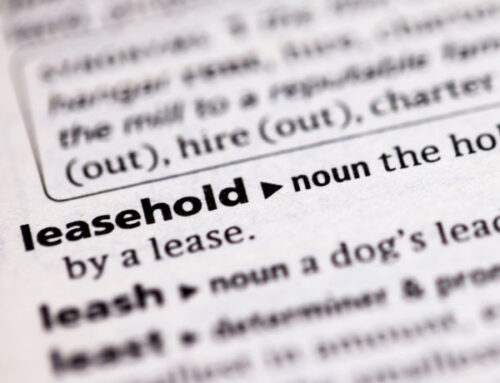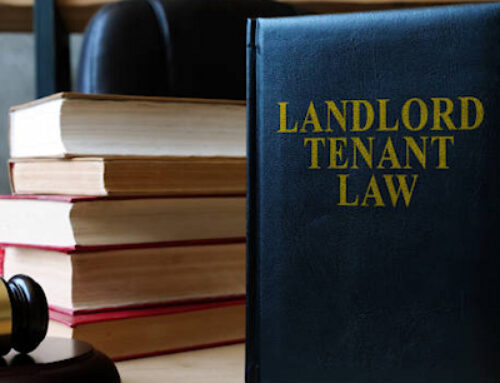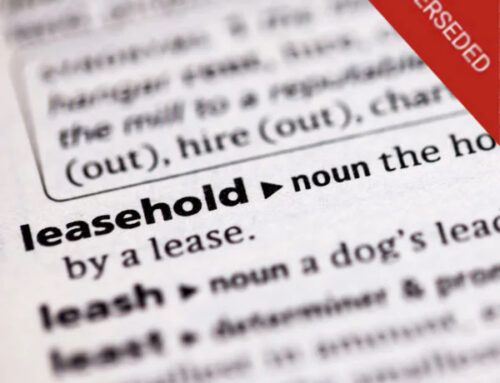Pension freedom
 It’s not often that pensions are a topic of conversation around the kitchen table, in the pub, or on a walk!
It’s not often that pensions are a topic of conversation around the kitchen table, in the pub, or on a walk!
The planned reforms from April, however, have got lots of people talking and thinking about pensions. And it’s not just pension plan holders coming up to retirement that are considering this issue. It will also impact upon those in the workplace who are looking to build up their pension pot (or thinking about taking one out), recognising that the new rules may require a change in strategy. Furthermore, even those with an annuity may get in on the act, as there has been a suggestion of allowing them the option of cashing it in.
So it’s clear that these changes will have an impact right across the board, irrespective of age, lifestyle situation, attitude to risk, and tax position. And whilst it’s good to chat about this amongst friends and colleagues, it also makes sense to take professional advice, should you want to find out more. We set out in this issue some of the key developments.
Pension reforms
In short, from 6 April 2015, anyone aged 55 or over will be able to take their entire ‘defined contribution’ pension fund however they want. This will enable most plan holders to draw down as much, or as little of their pension, at anytime. The first 25% will be tax-free either as one lump sum, or as the first 25% of multiple lump sums. The remaining 75% would be taxed at the person’s marginal rate. Historically, three-quarters of the 320,000 or so that retire each year opted for an annuity, which offers a regular guaranteed income. (Source: HM Treasury – March 2014).
For many, an annuity may still be the best route, but it does open up a whole host of choices, such as:
- Take it all out and spend/invest as you wish, whilst being mindful of the tax issues.
- Take a lump sum, or a series of them.
- Enter a flexi-access drawdown plan.
- Buy an annuity from the pension scheme provider or via the Open Market Option.
With drawdown and annuities there are already new options and, no doubt, more will be introduced as the industry gets to grips with this brave new world.
Taxation at death
Whilst pensions that were still invested could be passed on at death under the old rules, a sizeable 55% tax was applied. With the changes, the retirement pot of someone who dies before the age of 75 will no longer be taxed when passed on. Similar rules now apply to annuities (joint life or an annuity with a guaranteed term). And a pension pot passed on after the age of 75 may be taxed at 45% for a lump sum payout or at the beneficiary’s marginal rate if taken as income. From 2016/17 it may all be at the marginal rate (the exact details still need to be confirmed). Again annuities are likely to be treated similarly.
Take advice
Whatever you opt for, it’s essential that you take advice before you act. HM Revenue & Customs practice and the law relating to taxation are complex and subject to individual circumstances and changes which cannot be foreseen.
T his article was kindly contributed to Pace by Paul Flavin, of Zing Mortgages. It is Paul’s belief that good financial advice should be available to everyone & that by simplifying the mortgage process you are able to make an informed choice through greater understanding.
his article was kindly contributed to Pace by Paul Flavin, of Zing Mortgages. It is Paul’s belief that good financial advice should be available to everyone & that by simplifying the mortgage process you are able to make an informed choice through greater understanding.
Paul places great emphasis on customer service & always seeks feedback on how to best improve this area. “Making a house purchase or remortgage as painless an experience as possible for you is my objective”.







